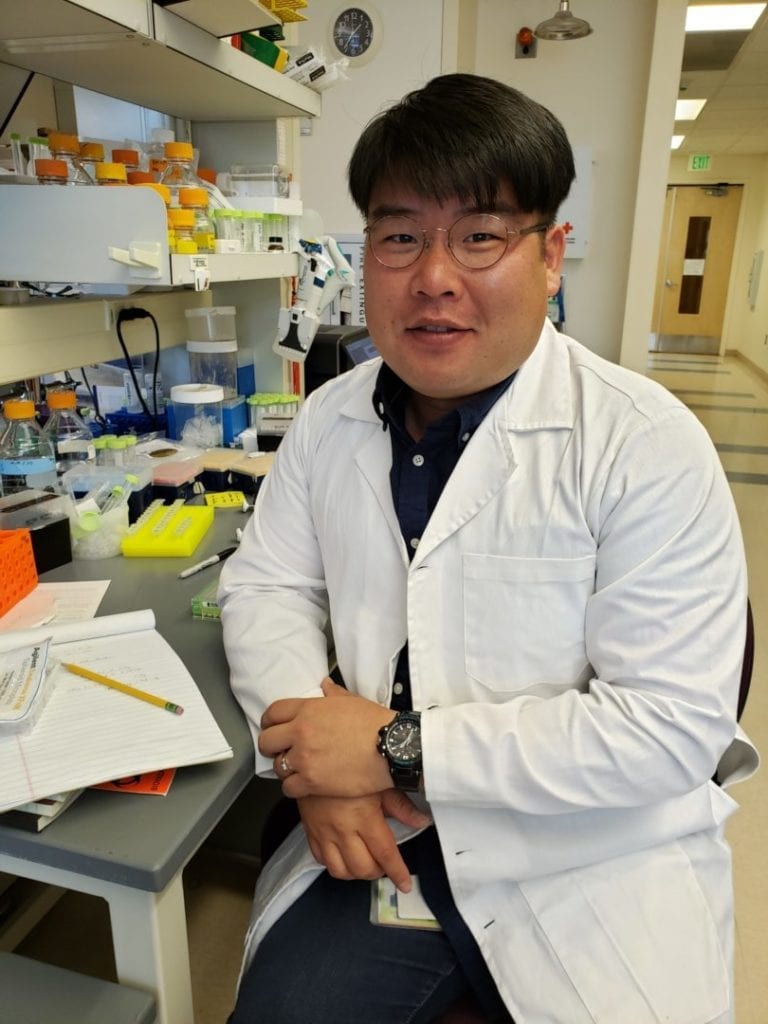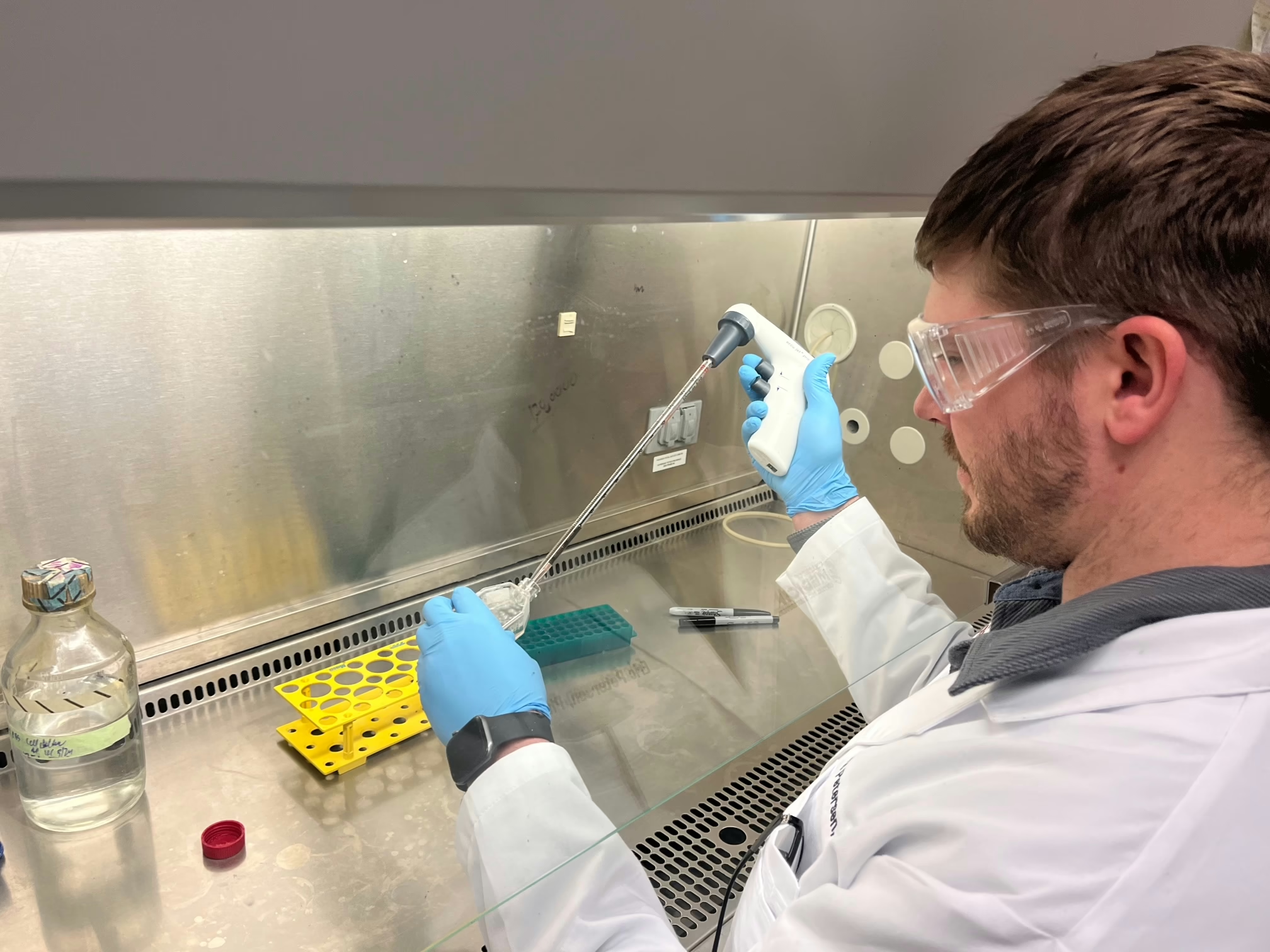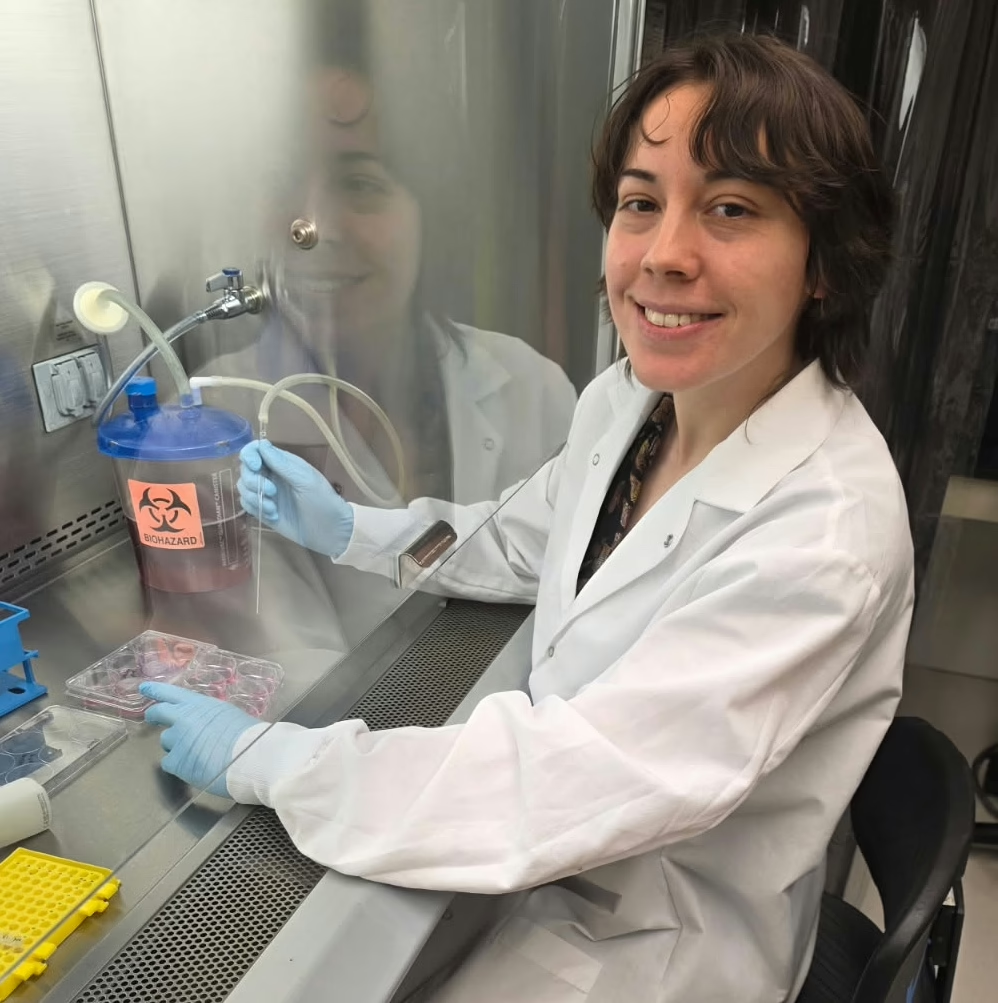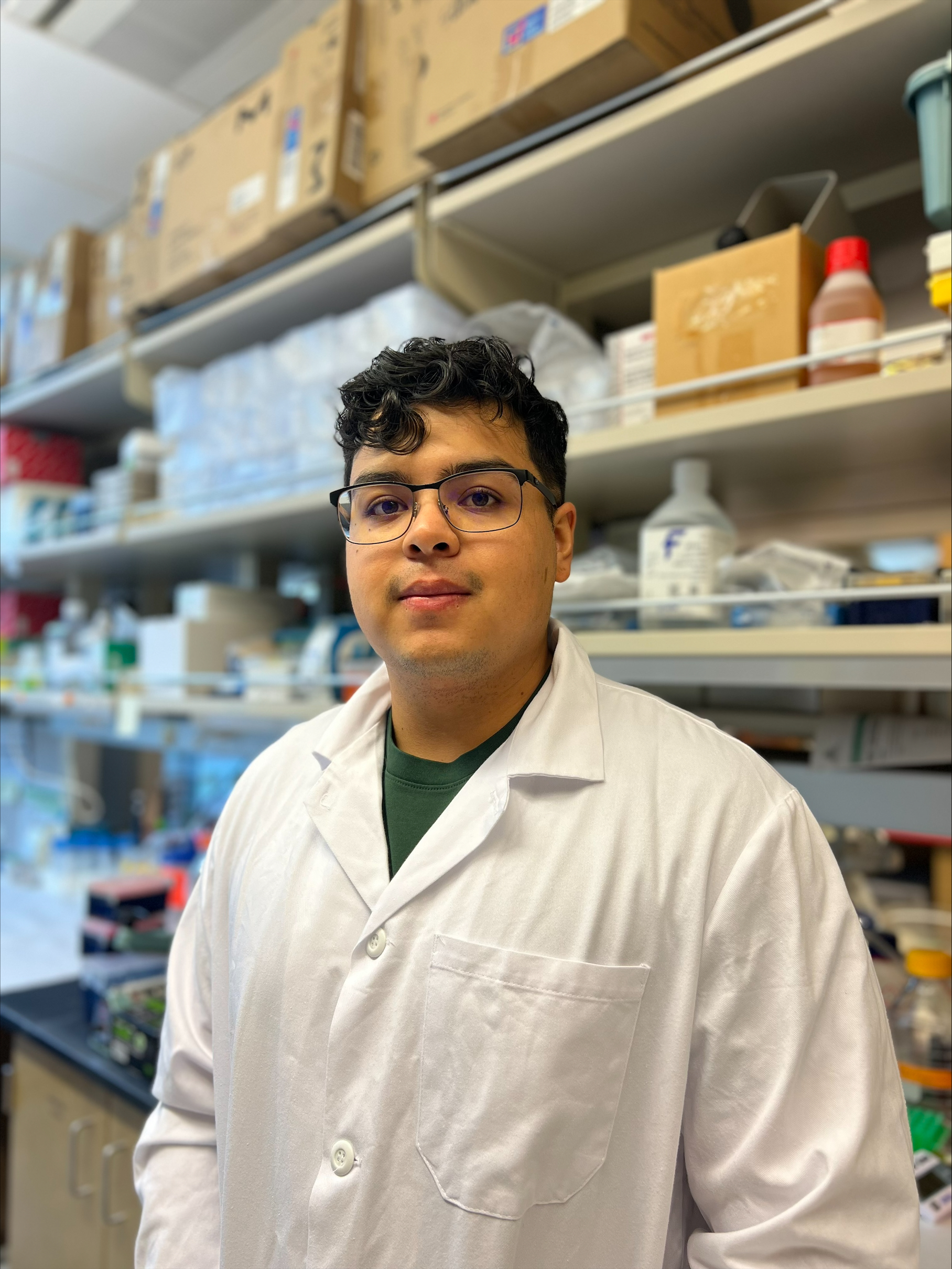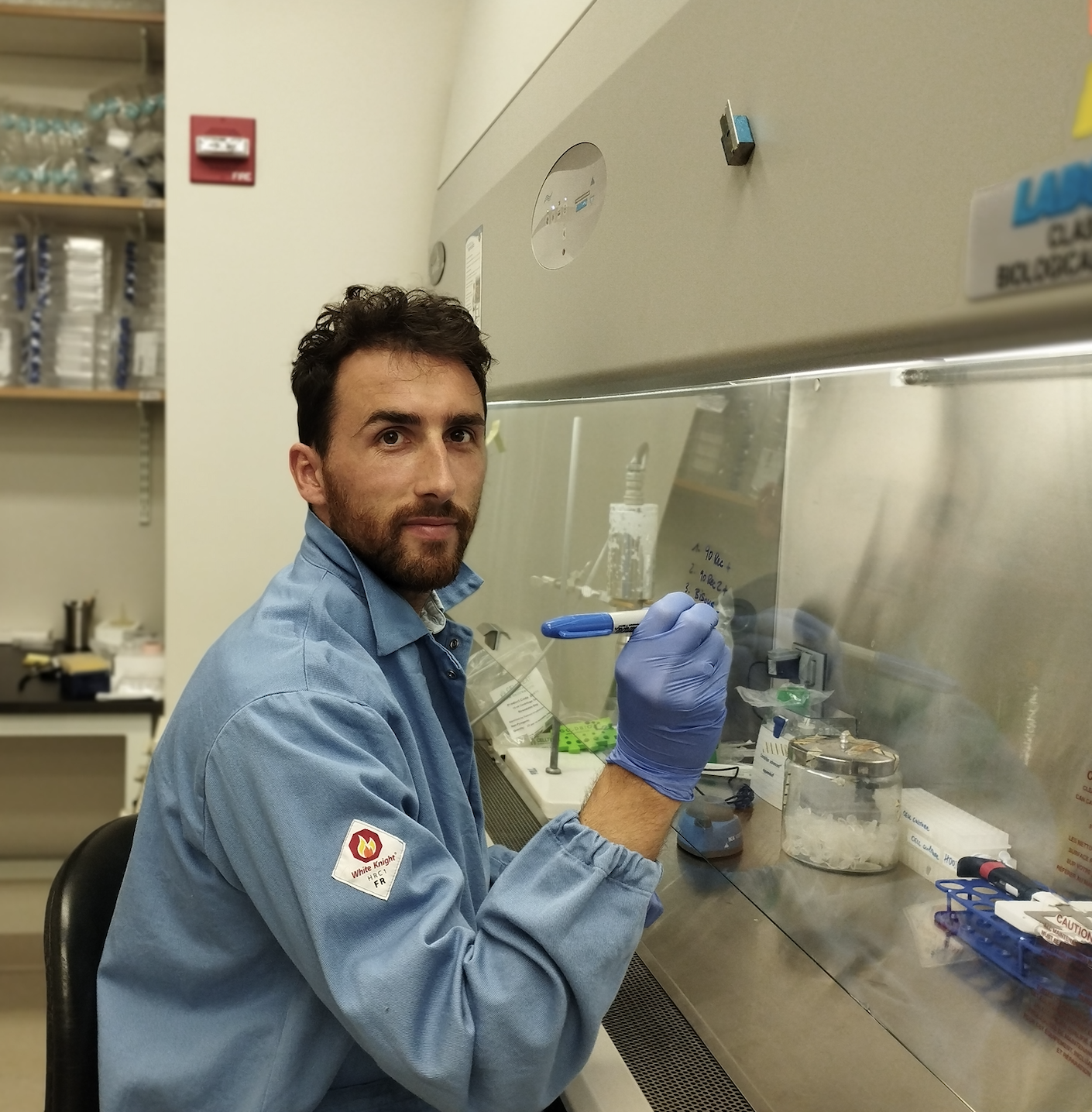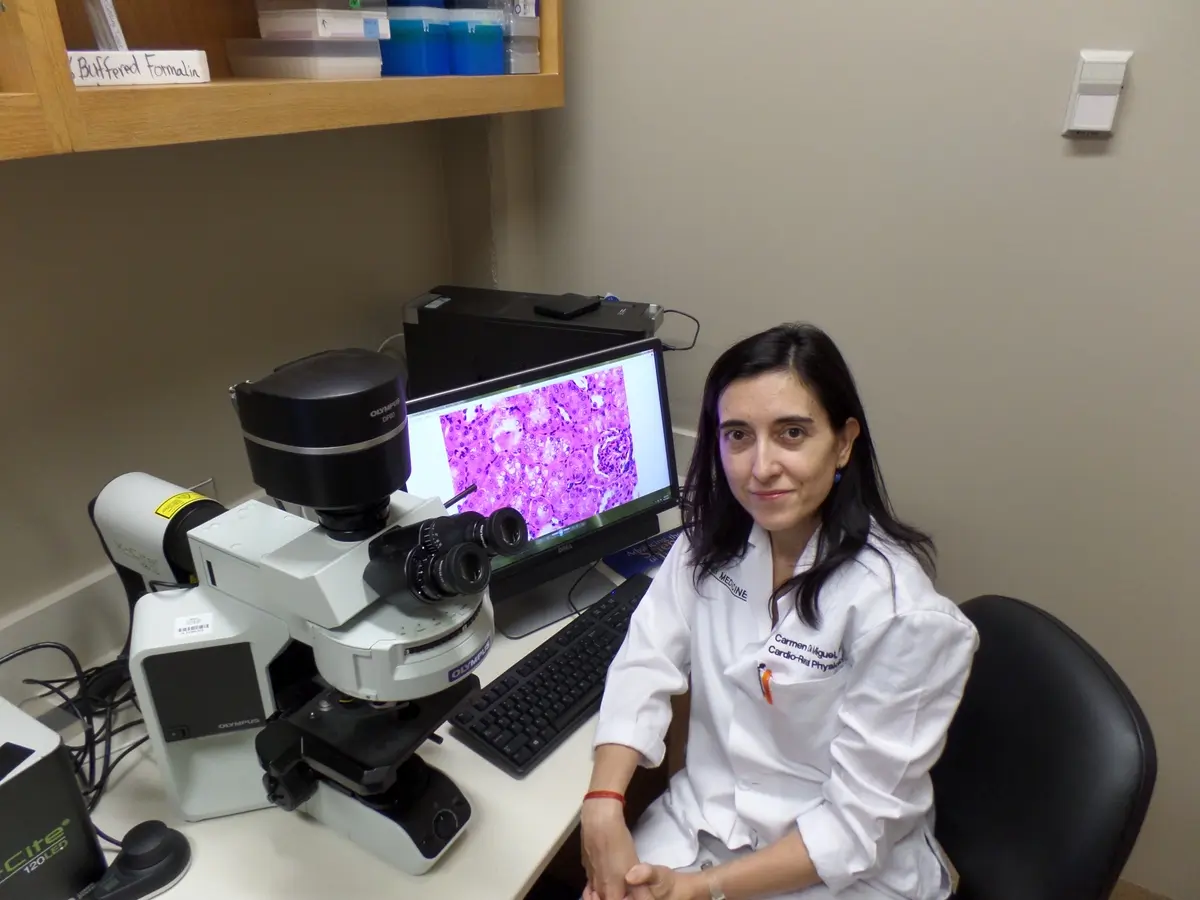Project Update(s)
Final Update:
I have completed the initial characterization of PTPN2-bKO mice. These studies revealed that loss of PTPN2 causes age-related defects in beta cell metabolic functions. I am currently exploring the molecular targets of PTPN2 that cause this phenotype. Future studies will assess how the loss of PTPN2 affects beta-cell function in type 1 diabetes mimicking conditions, in mice and humans. These studies are beginning to identify how mutations in PTPN2, a prominent T1D susceptibility gene, can compromise beta-cell function during autoimmune conditions.
I have performed metabolic analysis of the islets of PTPN2-βKO mice at young and old ages. Preliminary analysis of 9 weeks old (young) mice from control vs. PTPN2-βHE VS PTPN2-βKO showed normal mitochondrial function by glucose stimulation conditions. However, 26-week old mice have reduced oxygen consumption rates both in basal conditions and upon glucose stimulation. These data suggest that loss of PTPN2 compromises mitochondrial function in the beta-cell with age, causing the mutant mice to have reduced response to glucose stimulation in a time-dependent manner. Consistent with our hypothesis, loss of the T1D risk factor PTPN2 causes reduced mitochondrial function when mice are exposed to chronically high glucose and/or adverse environmental factors, similar to what is seen in individuals with T1D. I am continuing these studies to increase my biological replicates. I am also testing beta-cell function in T1D-mimicking conditions, such as treatment with streptozotocin (STZ).
Read First Project Update Here
Project Description
Type 1 diabetes (T1D) results in the irreversible destruction of insulin-producing beta cells by an individual’s own immune system. Most treatments to date have focused on ways to block the erroneous immune response, but have not resulted in long term protection or reversal of diabetes. Mice-to-Men proposes an alternative approach to treatment by understanding how the beta cells themselves contribute to disease, and to identify methods to protect their destruction from the immune system. Experiments with mice have provided a good model system with encouraging results. Mice-to-Men will assess the benefits of this beta-cell protection system to humans.
We have focused our studies on a protein called Protein tyrosine phosphatase N2 (PTPN2) that was identified as a T1D risk gene in patients with T1D. PTPN2 is found in both the immune cells and beta cells, and we hypothesize that individuals with mutations in PTPN2 have disrupted beta-cell function and/or increased susceptibility to cell death that contributes to their destruction.
To parse out the contribution of beta-cell dysfunction to T1D, we have created a mouse model that removes PTPN2 just from the insulin-producing beta cells. In the study supported by DRC, we will subject these mutant mice to an autoimmune environment and assess how the beta cells respond in comparison to beta cells with intact PTPN2. Based on our preliminary experiments, we believe the mutant beta cells have specific cellular defects that compromise their survival and function. We will characterize these defects to establish whether their correction or amelioration can protect the beta cells from destruction by the immune system.
The mouse experiments provide a good model system to study the beta-cell function of PTPN2 in a physiologically relevant setting of T1D. However, since there are differences between mice and humans, we have also collected blood cells from T1D individuals with mutations in PTPN2. We will use these cells to generate mutant pluripotent stem cells that can then be differentiated into insulin-producing beta-like cells. These cells can then be subjected to autoimmune-mimicking conditions to determine whether human PTPN2 mutant beta cells have similar defects observed in the mouse system. The modified cells can also be used to test candidate treatments/drugs that could potentially be used to protect the beta cell from the immune system.
The overall goal of this study is to identify how beta cells contribute to their own demise in T1D and to develop ways of protecting the beta cell in the face of assault from the immune system.

